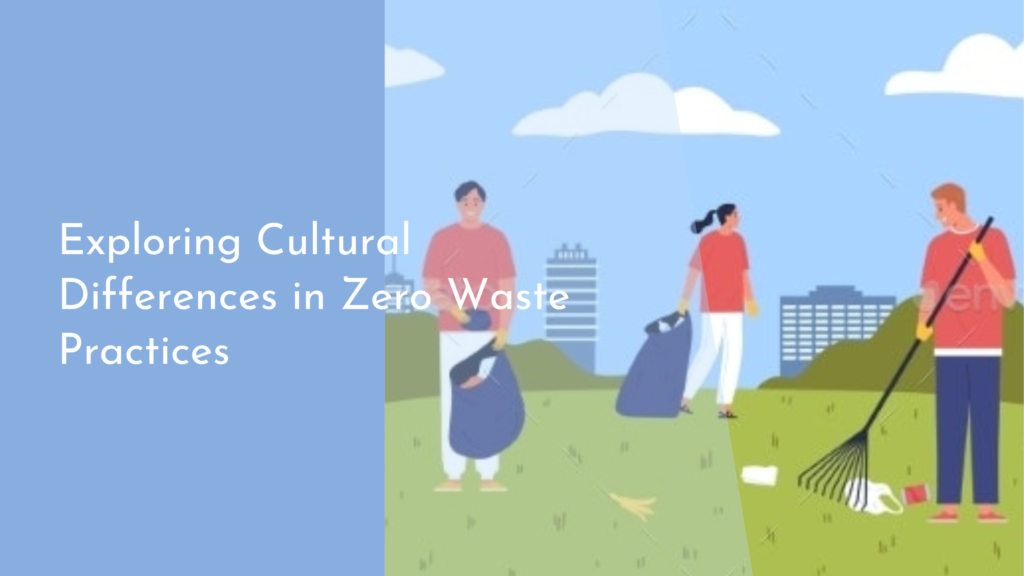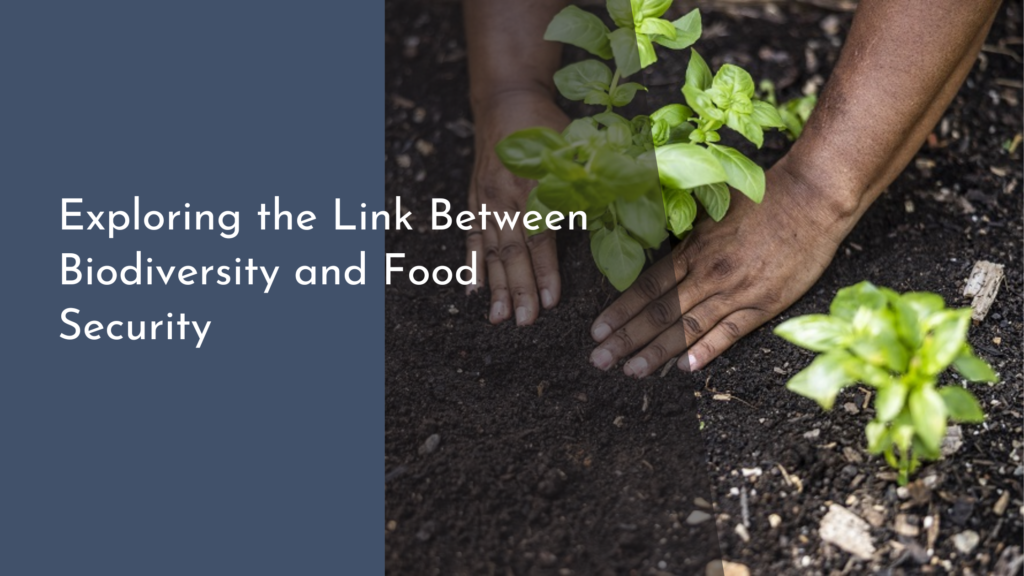Urban Composting Systems: A Step Towards Waste Management
Urban areas are bustling hubs of activity, culture, and innovation, but they also grapple with the persistent issue of waste management. With landfills overflowing and environmental concerns mounting, more cities are turning to urban composting systems as a sustainable solution. Composting not only reduces the volume of waste that ends up in landfills but also enriches the soil, promotes local agriculture, and fosters community engagement. In this article, we’ll explore the benefits of urban composting, provide a step-by-step guide to get started, suggest creative solutions for small spaces, and encourage you to join the movement towards transforming waste into a valuable resource.
Discover the Benefits of Urban Composting Systems Today!
Urban composting systems offer a multitude of benefits that extend beyond mere waste reduction. Firstly, they help divert organic waste from landfills, where it would decompose anaerobically and produce harmful greenhouse gases. By composting kitchen scraps and yard waste, urban residents can significantly cut down on their carbon footprint while contributing to a healthier environment. Additionally, composting enriches the soil, providing essential nutrients that promote robust plant growth. This, in turn, can lead to the flourishing of local gardens and green spaces, enhancing urban biodiversity.
Moreover, engaging in composting fosters a sense of community and shared responsibility among residents. As neighbors come together to learn and practice composting techniques, they strengthen social ties and promote awareness around sustainable living. Composting also provides an excellent educational opportunity for schools and local organizations, allowing individuals to learn about the environment and sustainability in a hands-on manner. Overall, urban composting systems not only support waste management but also cultivate a deeper connection between people and their environment.
Step-by-Step Guide to Starting Your Composting Journey
Starting your composting journey is easier than you might think! The first step is to choose the right composting system for your needs. Options range from simple pile composting to more advanced setups like worm bins or compost tumblers. For beginners, a backyard compost pile or a small bin can be a great starting point. Ensure you have a mix of “green” materials (like fruit and vegetable scraps, coffee grounds, and grass clippings) and “brown” materials (such as dried leaves, cardboard, and newspaper) to create a balanced composting environment.
Once you’ve set up your compost, regularly monitor and maintain it by turning the pile and checking moisture levels. The ideal compost should be damp but not soggy. It’s also essential to be patient; composting takes time, usually between a few weeks to several months, depending on the method used. As you progress, you’ll soon be able to harvest rich, dark compost, which can be used to nourish your plants, gardens, or community green spaces, completing the cycle of waste management beautifully!
Creative Solutions for Composting in Small Spaces
Living in an urban environment often means limited space, but that shouldn’t deter you from composting! There are numerous creative solutions that cater to apartment dwellers and those with small yards. One popular option is a countertop compost bin, which is perfect for collecting kitchen scraps. These bins often come with odor-control features, making them suitable for indoor use. Additionally, you can use a worm bin, or vermicomposting system, which thrives in confined spaces and can produce nutrient-rich compost while requiring minimal maintenance.
If you have a little outdoor space, consider vertical composting systems or compact compost tumblers that can fit into small corners or balconies. You could also explore community composting initiatives, where groups of neighbors share a larger compost system. Not only does this maximize space, but it also fosters a sense of collaboration and collective responsibility, further enhancing your urban living experience.
Join the Movement: Transform Waste into Gold for Gardens!
As urban problems with waste management continue to grow, the movement towards composting has never been more vital. The simplicity of turning everyday waste into nutrient-rich compost can have profound effects on local communities, economies, and ecosystems. By joining the composting movement, you contribute to a sustainable cycle that transforms waste into valuable resources for gardens, parks, and local agriculture. Each person’s efforts add up, creating a ripple effect that can lead to healthier urban environments.
Incorporating composting into your daily routine can be both fulfilling and empowering. Not only will you be reducing your waste footprint, but you’ll also be nurturing your plants and helping to create a greener city. So why wait? Grab your scraps, gather your neighbors, and embark on this rewarding journey towards a cleaner, more sustainable urban lifestyle. Together, we can transform waste into gold and cultivate a brighter future for our cities!
Urban composting systems represent a practical and impactful way to address the challenges of waste management in bustling cities. By understanding the benefits, following a simple guide, brainstorming creative solutions for compact living, and joining the community of composters, you can actively contribute to a more sustainable world. So let’s roll up our sleeves and get composting—after all, every little bit counts, and each small action adds up to significant change!



